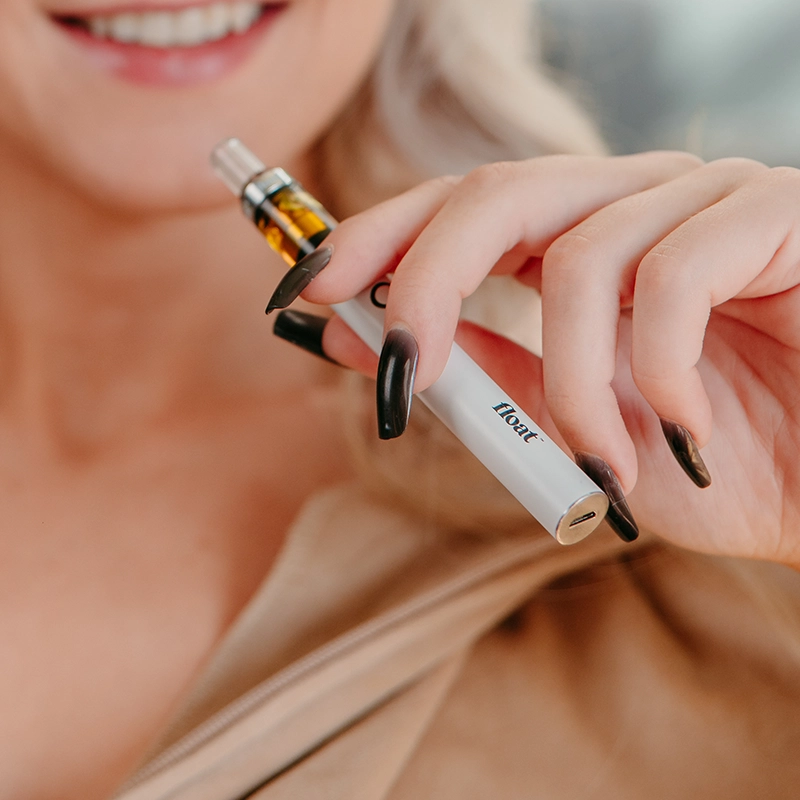September is National Recovery Month—a time to shine a light on all the different ways people find their way out of addiction. We get it; recovery isn’t a one-size-fits-all deal. Everyone’s got their own path, and sometimes that path includes a little help from cannabis.
We’re not here to say it’s the magic bullet, but if you’re curious, let’s explore how cannabis might fit into your recovery groove.
Discover the freshest insights as key takeaways this post will explore:
- Abstaining from hard drugs like cocaine, heroin, or opioids and opting for less harmful substances like medical marijuana or moderate alcohol use can reduce the risks of overdose and withdrawal symptoms. (U.S. Department of Health & Human Services)
- Controlled use of medical marijuana can help manage anxiety, depression, or chronic pain without resorting to more dangerous drugs.
- The California Sober lifestyle provides an alternative for those who find complete abstinence challenging, promoting long-term success through moderation.
- This approach reduces the stigma around traditional sobriety and encourages responsible substance use while maintaining social engagement.
Exploring Cali Sober
The term "Cali sober" has been popping up more and more in conversations about recovery. But what does it really mean? Essentially, being Cali sober involves cutting out alcohol and harder substances while still using cannabis. For some, it’s a way to embrace a healthier lifestyle without giving up all the benefits they find in cannabis.
The idea behind Cali sober is that recovery doesn’t have to be black and white. It recognizes that everyone’s path to wellness is different and that cannabis might play a positive role for some people. Whether it’s managing stress, reducing anxiety, or simply providing a safer alternative to alcohol, cannabis offers a middle ground for those who don’t want to go completely substance-free.
However, it’s important to approach this lifestyle with mindfulness. Being Cali sober isn’t about substituting one habit for another; it’s about finding balance and making choices that support your overall well-being. If cannabis helps you stay on track with your recovery goals, then it might be worth considering as part of your journey.
Cannabis and Cravings

Let's talk about cravings—the unwelcome guests that show up uninvited during recovery. Stress, anxiety, and chronic pain can crank up these urges, making it harder to stay on track. That's where cannabis might lend a helping hand. Known for its calming and pain-relieving properties, both cannabis and CBD have shown promise in taking the edge off those intense desires to use alcohol or opioids.
Studies have found that cannabis use may help people cut back or even quit opioids altogether, whether they're used for pain management or recreationally. And when it comes to CBD, a single high dose has been shown to possibly ease opioid cravings and related anxiety for up to a week—pretty impressive, right? Of course, results can vary depending on the individual and the substance involved, but these findings open up interesting possibilities for incorporating cannabis into personalized recovery journeys.
Easing Withdrawal
When you’re trying to quit alcohol or opioids, the symptoms—nausea, anxiety, insomnia, and pain—can feel like they’re never going to end. This is where cannabis might come in handy as a bit of a relief.
Cannabis, especially strains high in CBD, has been getting attention for its potential to ease some of these nasty withdrawal symptoms. CBD is known for helping to calm those racing thoughts and improve sleep, which can be a game-changer when you’re trying to get through the worst of it. Plus, THC, can help with pain and nausea, making the whole detox process a little less brutal.
Of course, cannabis isn’t going to magically erase all the challenges of withdrawal, but it might make the ride a bit smoother.
Finding What Works for You
Recovery is a deeply personal journey. Whether it’s managing cravings, easing withdrawal symptoms, or exploring a Cali sober lifestyle, cannabis might be a helpful tool for some on the path to recovery. The key is to stay informed, listen to your body, and make choices that align with your unique needs and goals.
Cannabis isn’t a magic cure, but it can offer a way to navigate the challenges of recovery with a bit more ease. As with any tool in your recovery toolbox, it’s important to use cannabis mindfully and in a way that supports your overall well-being.
Remember, recovery is about progress, not perfection. Stay open to what helps you feel balanced and in control, and don’t be afraid to explore different options along the way. Whether you’re considering cannabis as part of your recovery or just curious about what it has to offer, the most important thing is that you’re taking steps toward a healthier, happier life.
.svg)





.jpg)




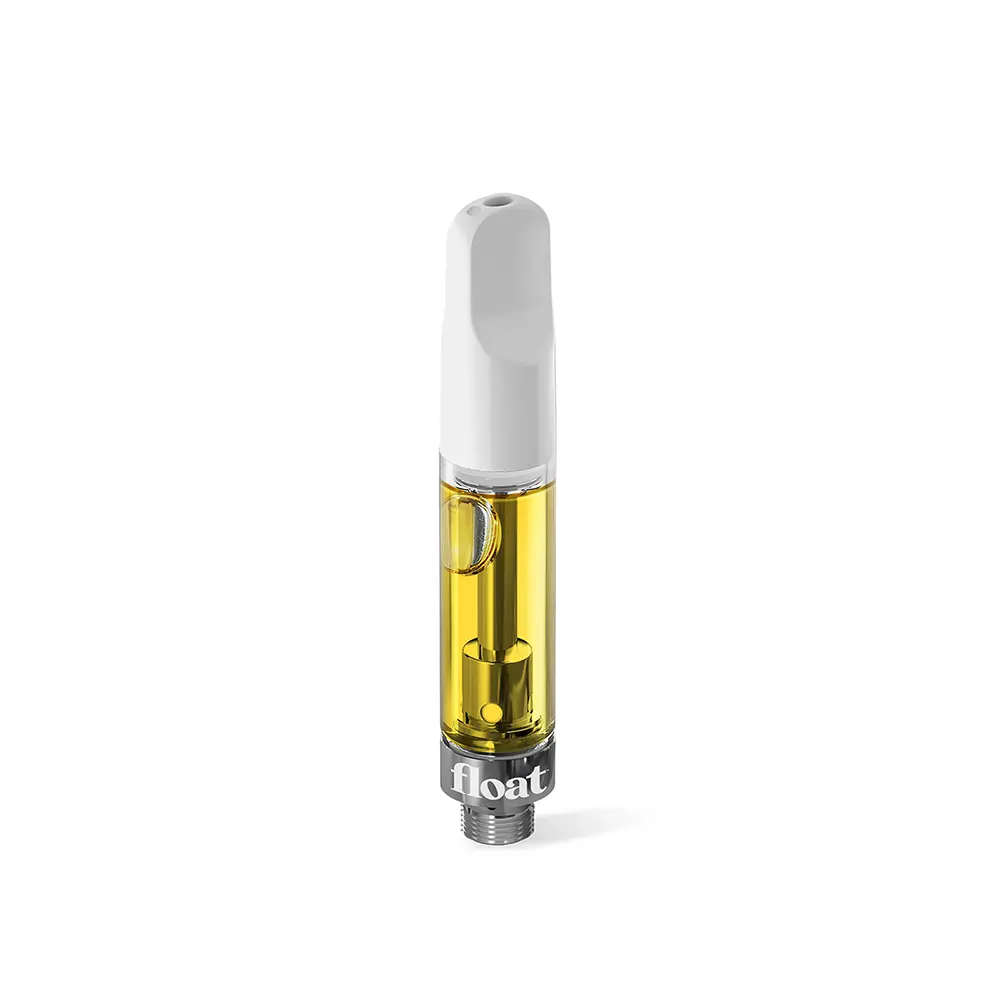
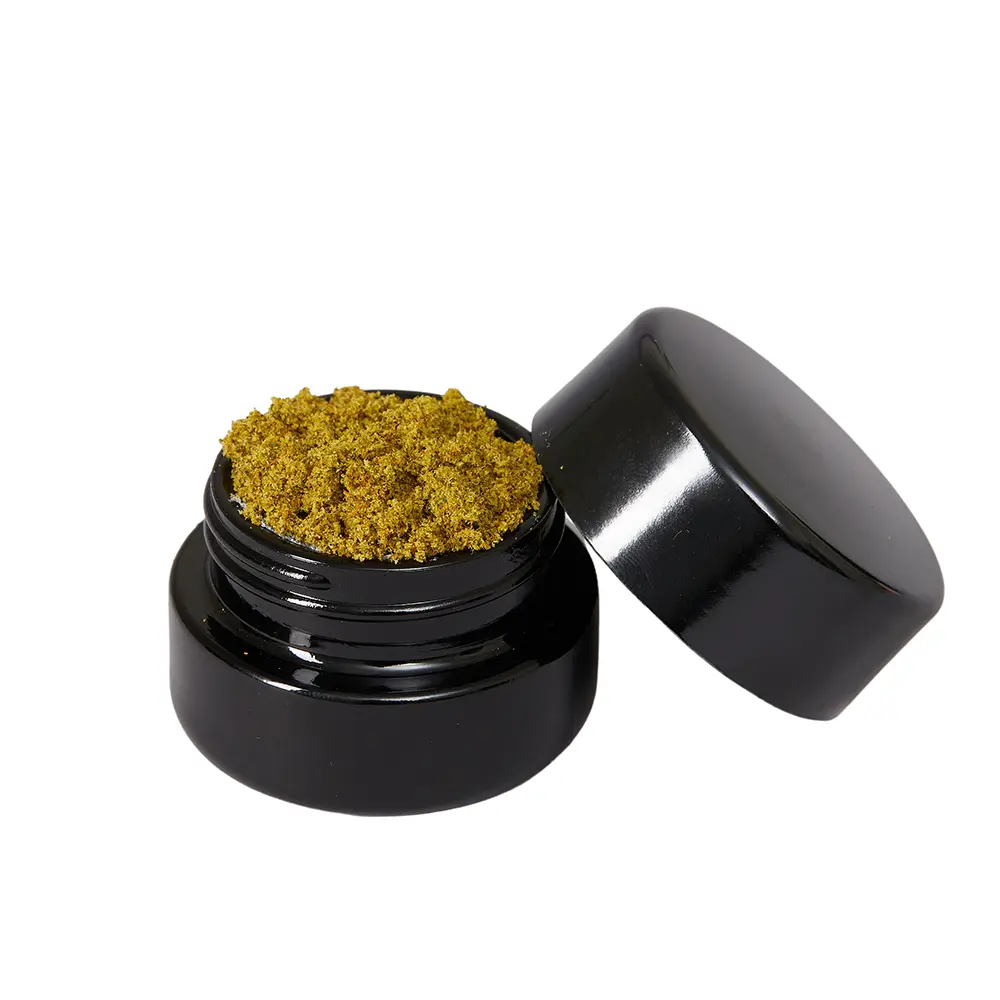
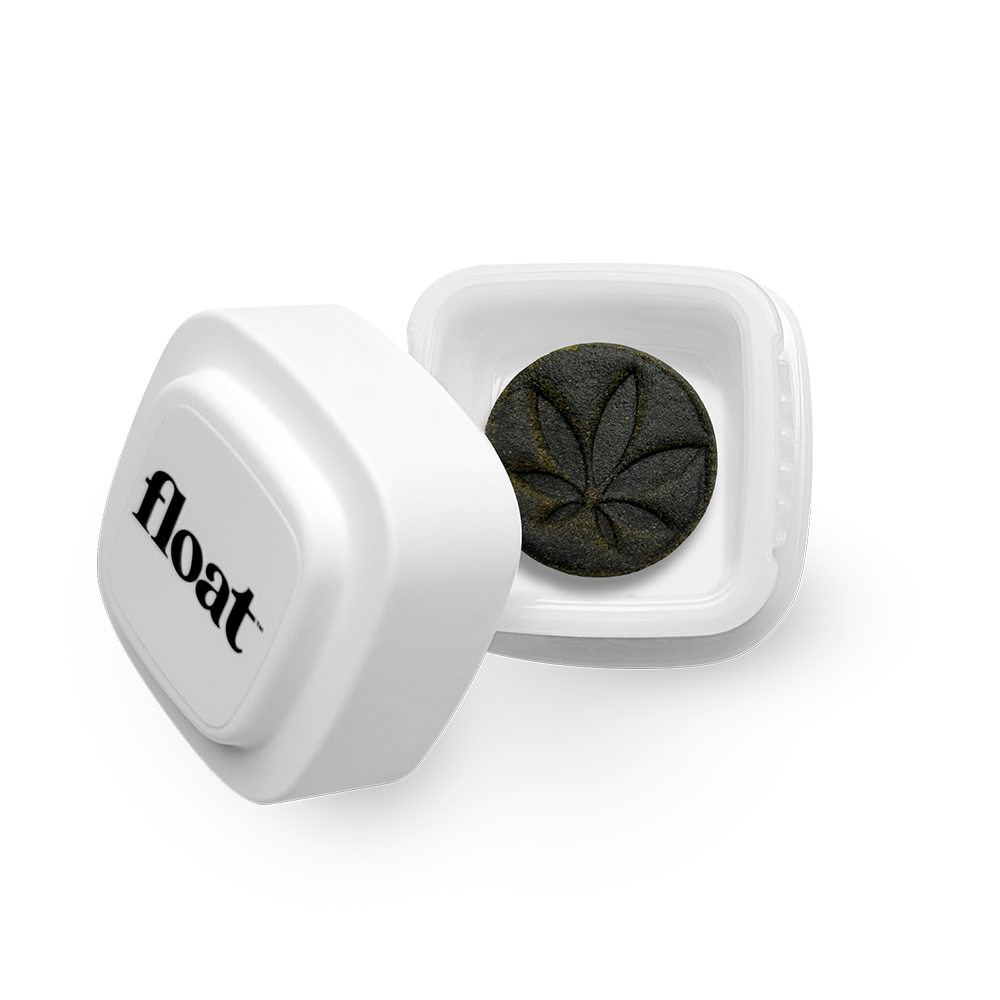

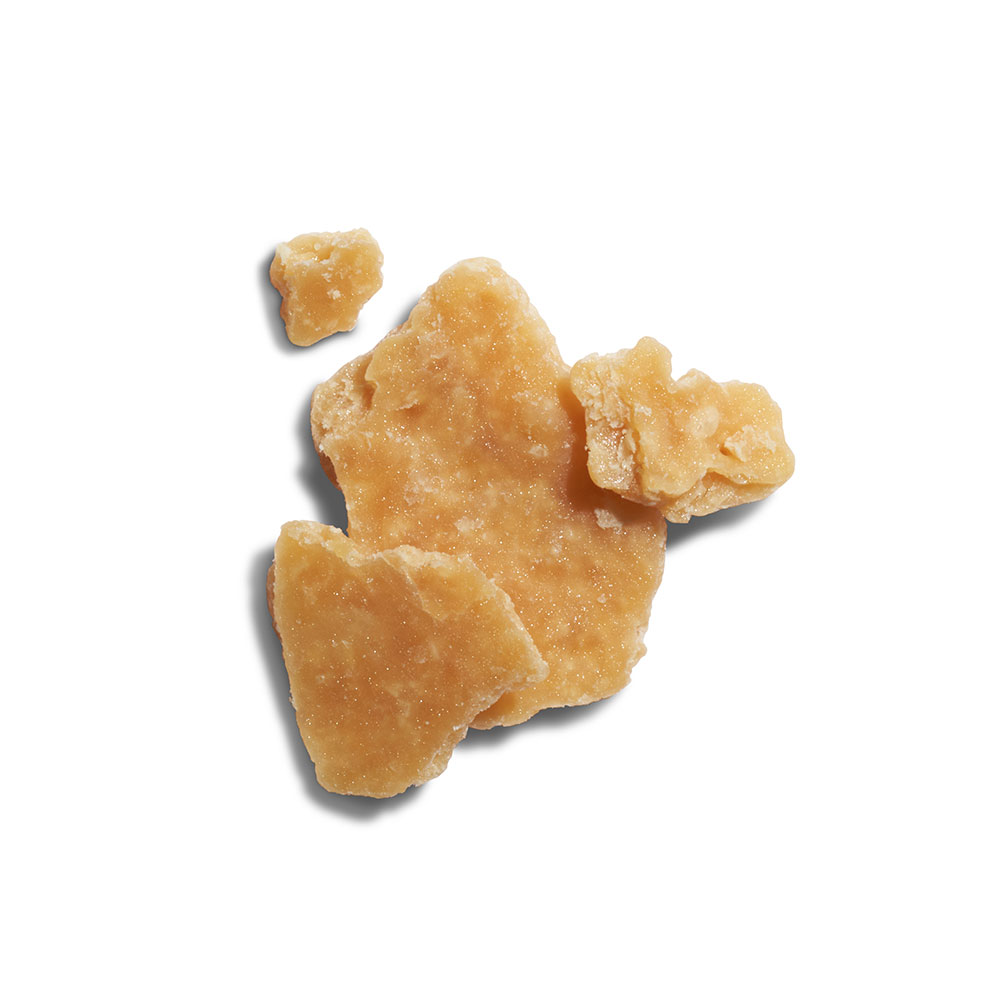
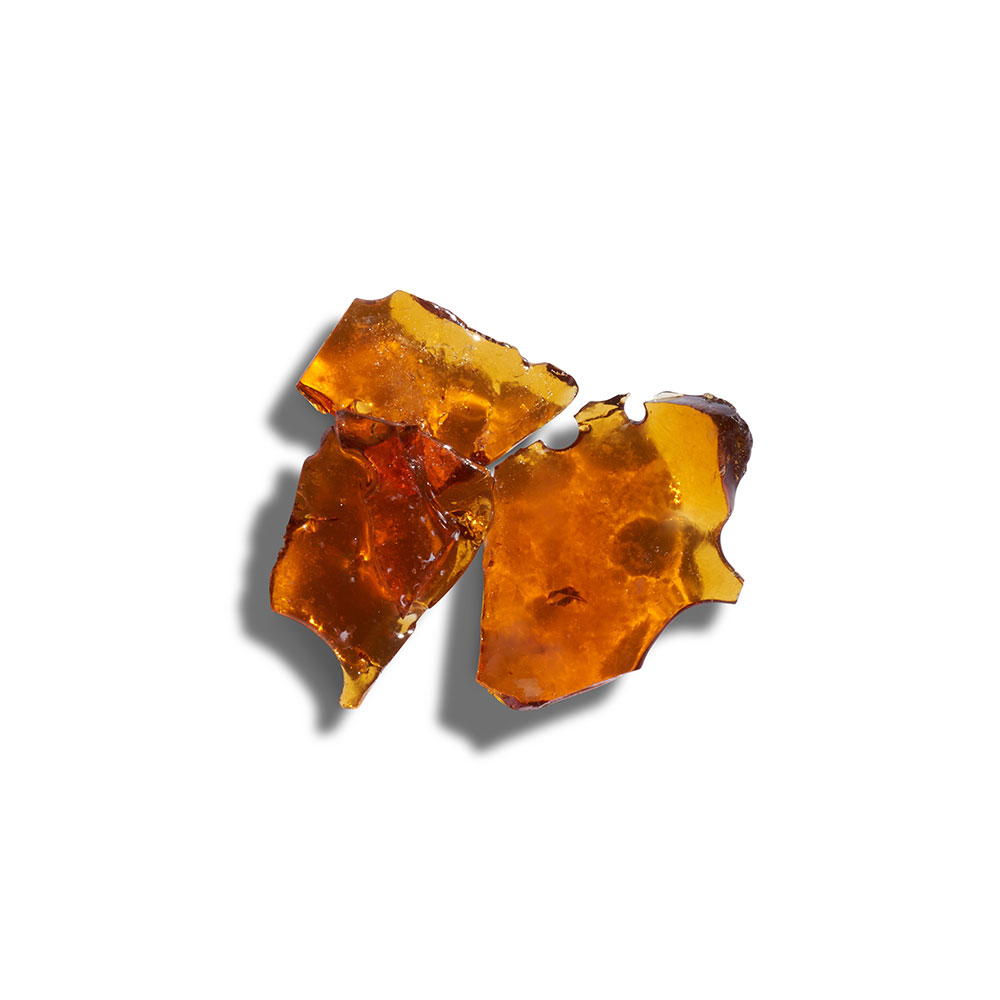
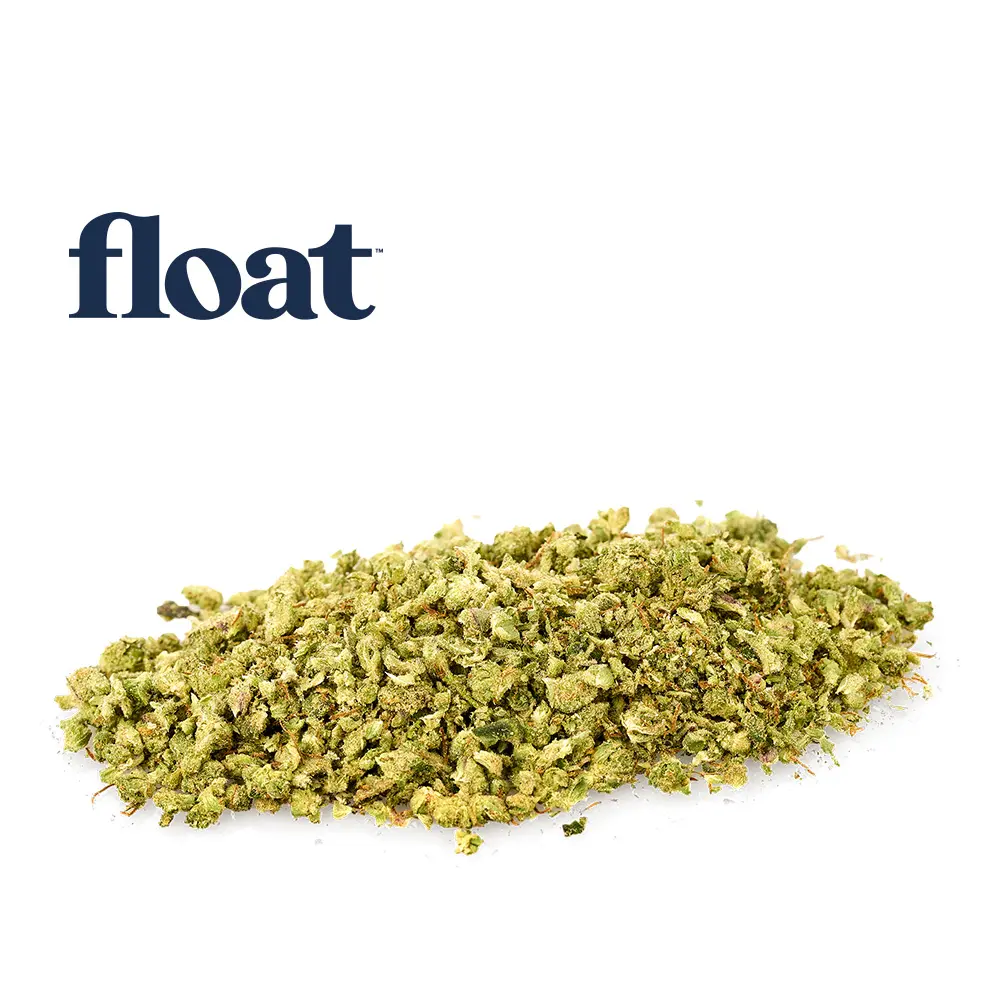
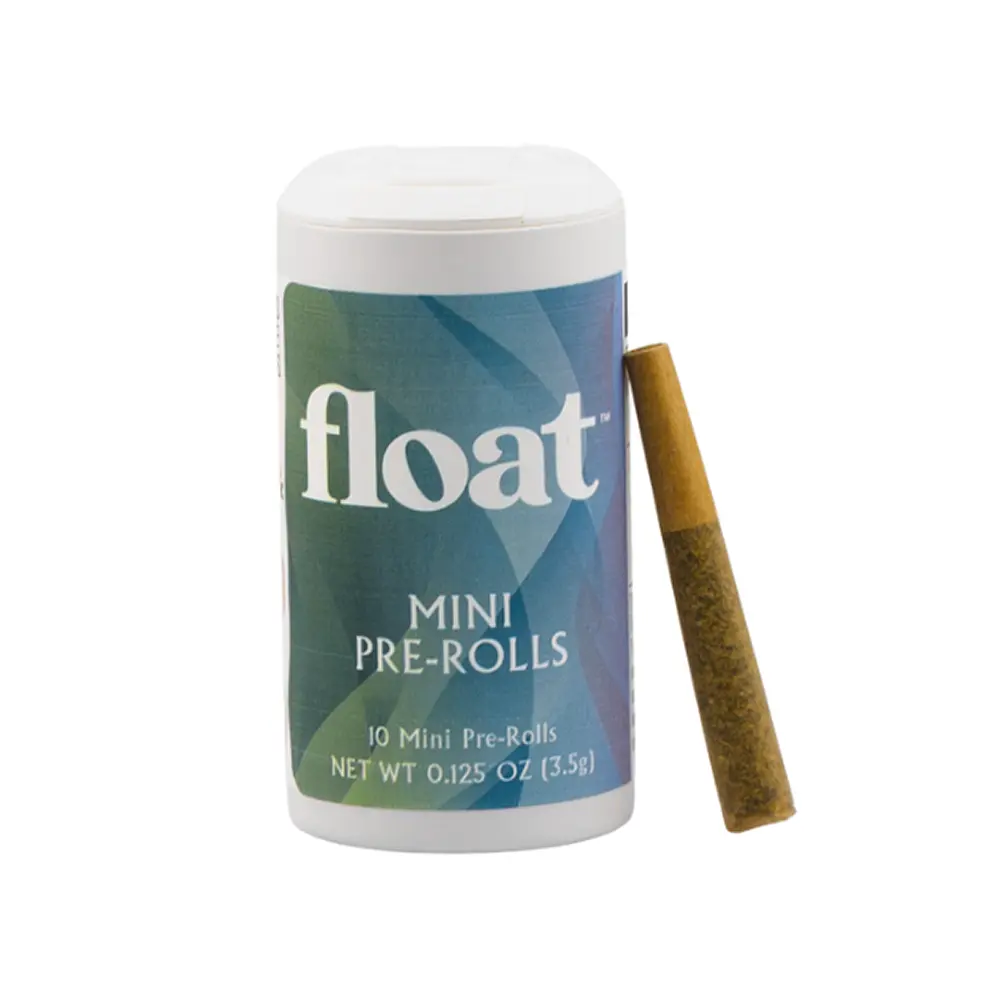
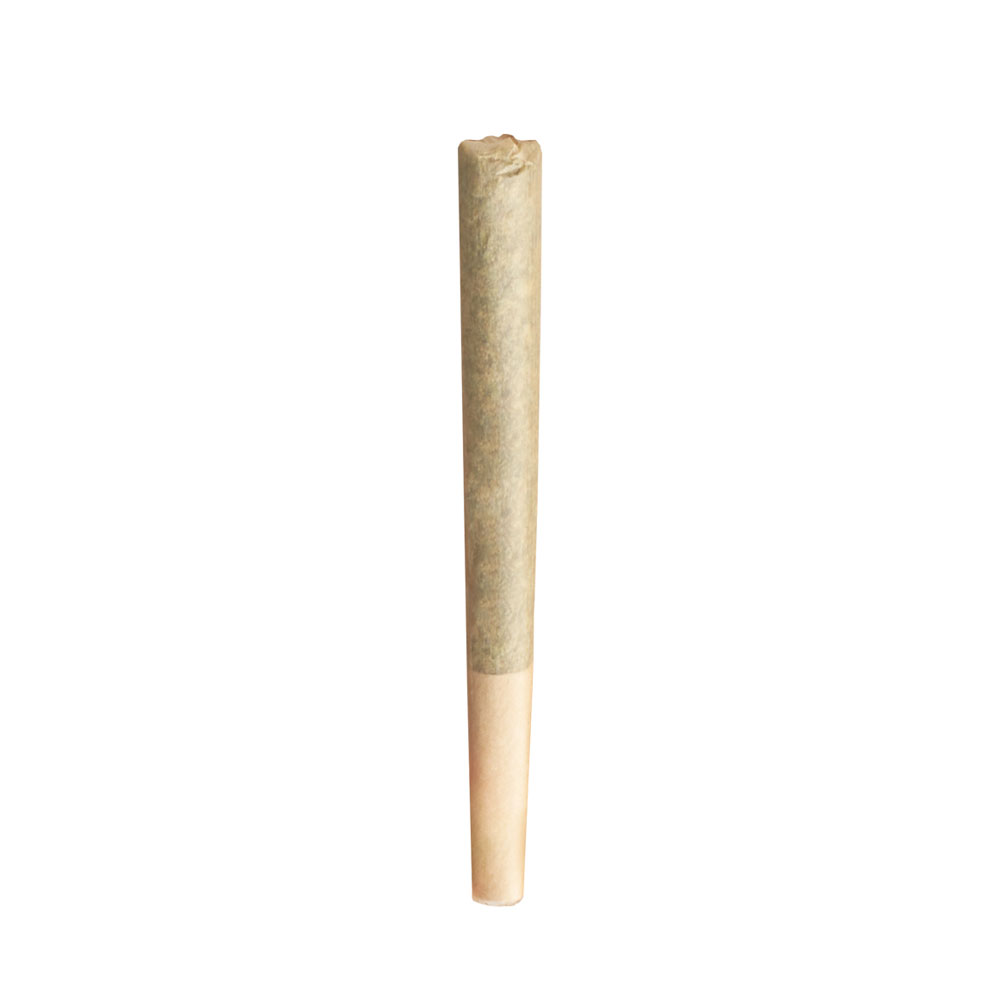
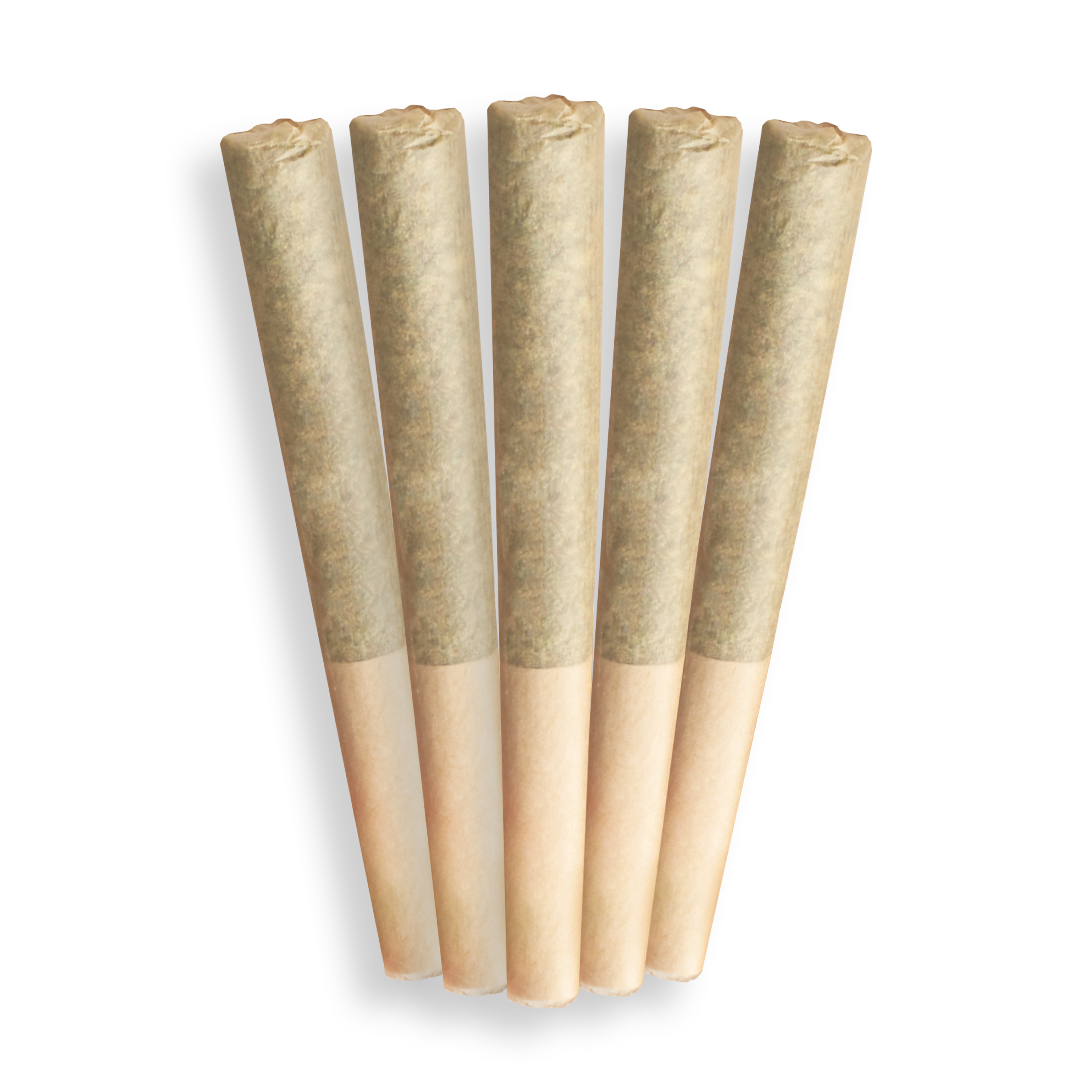
.webp)
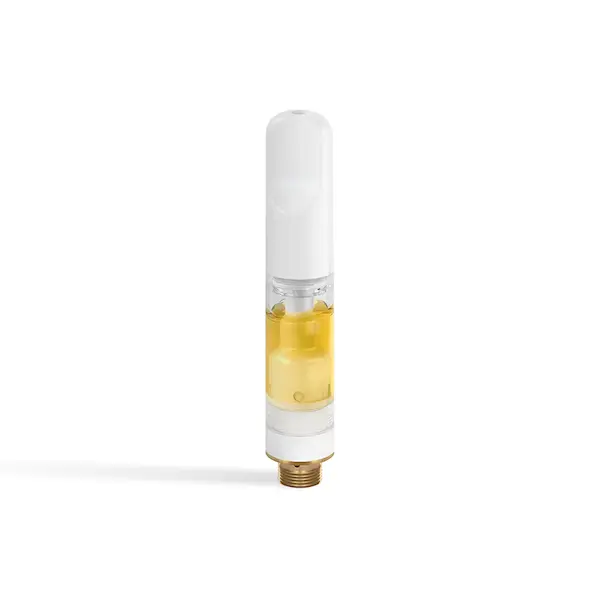
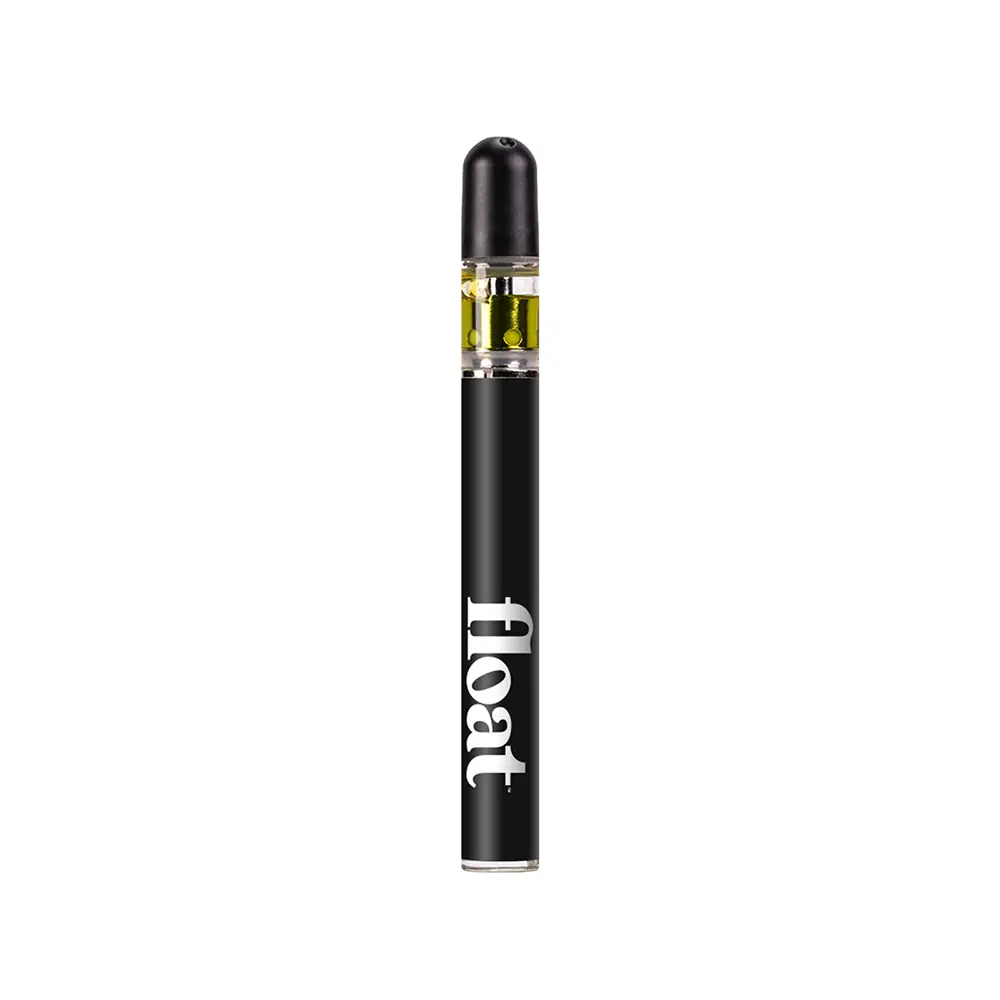
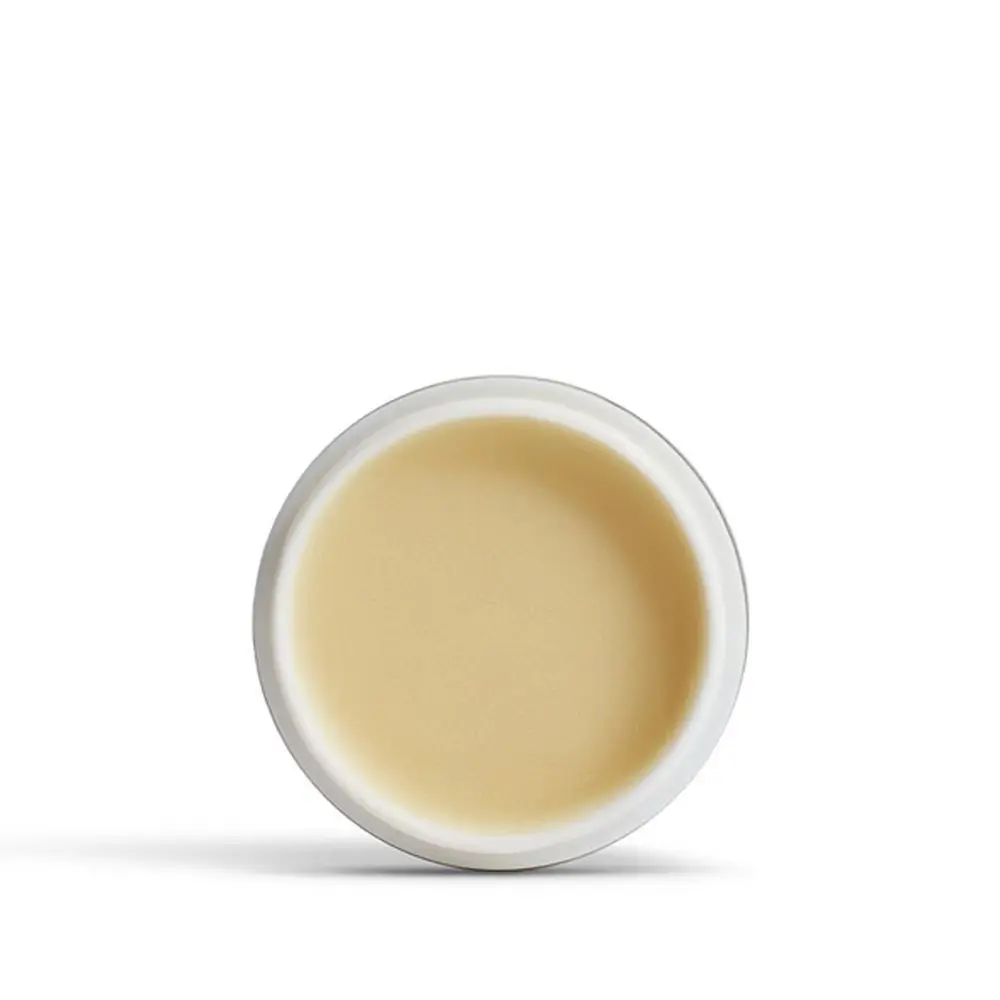
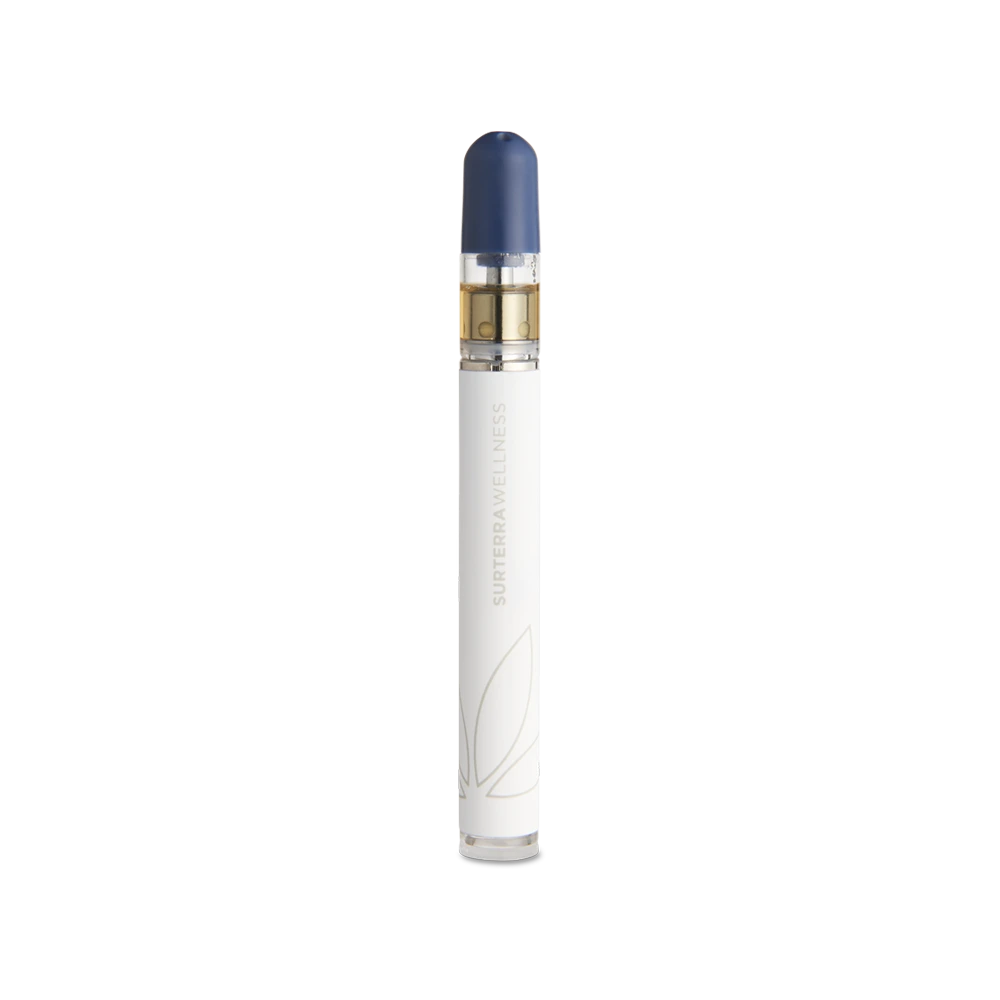
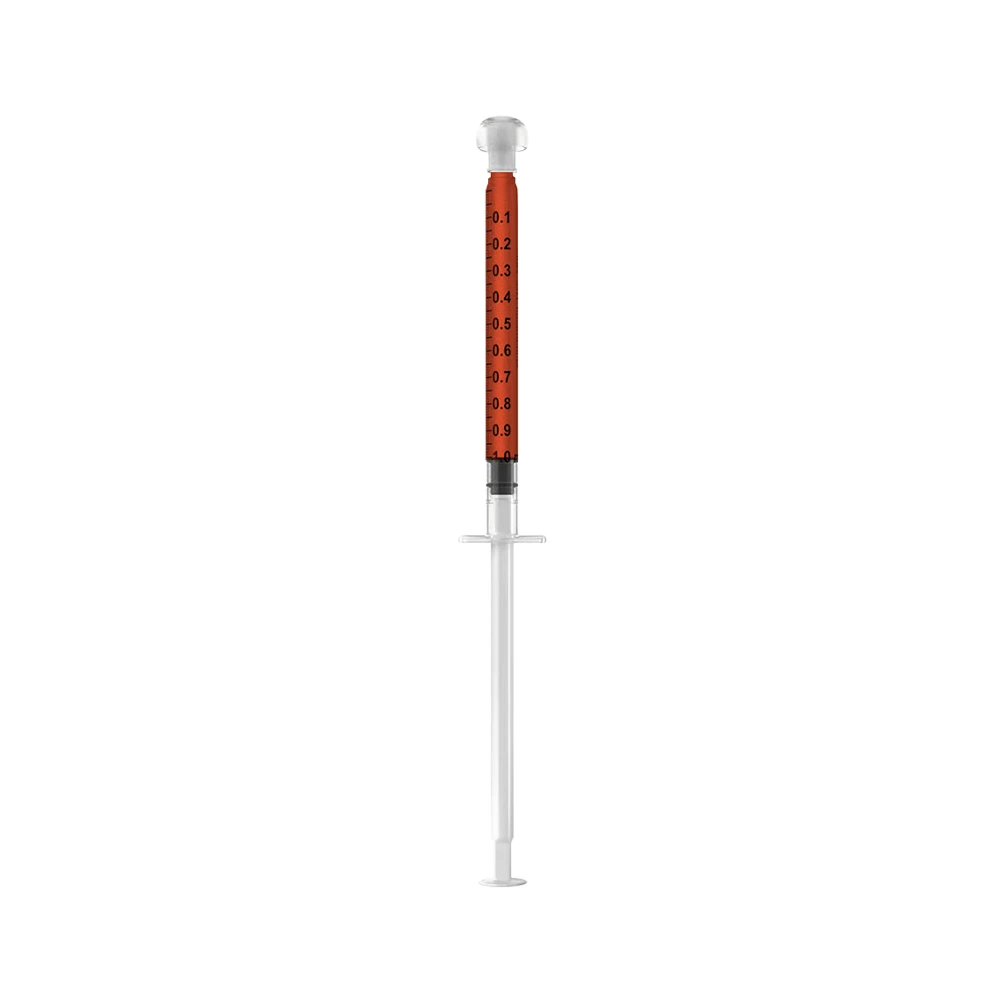

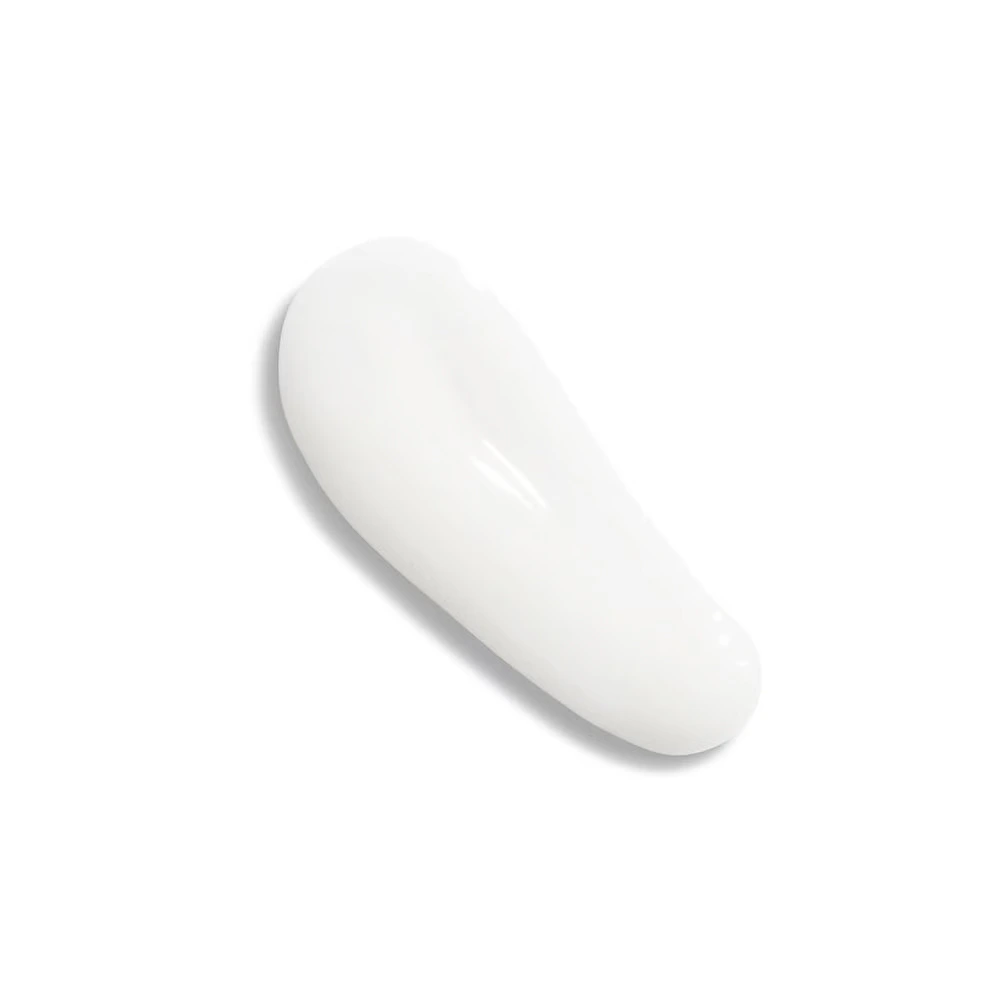
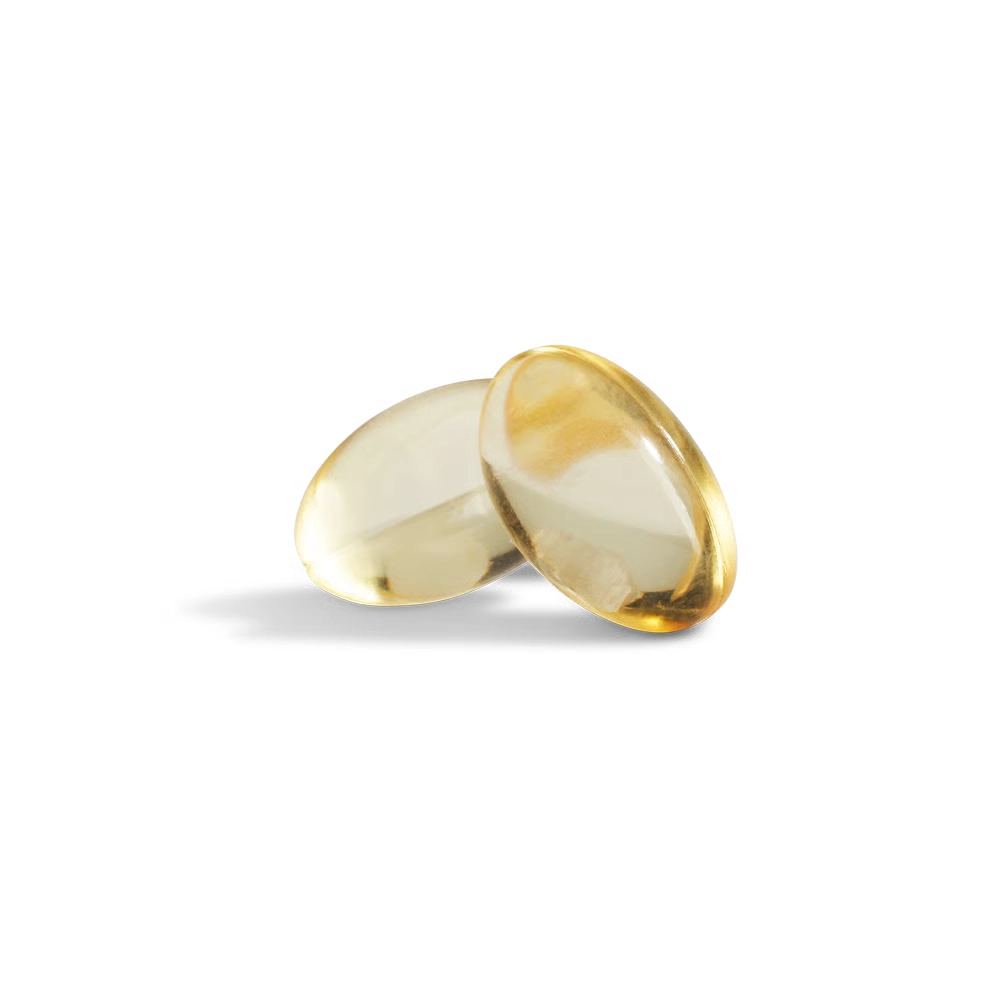
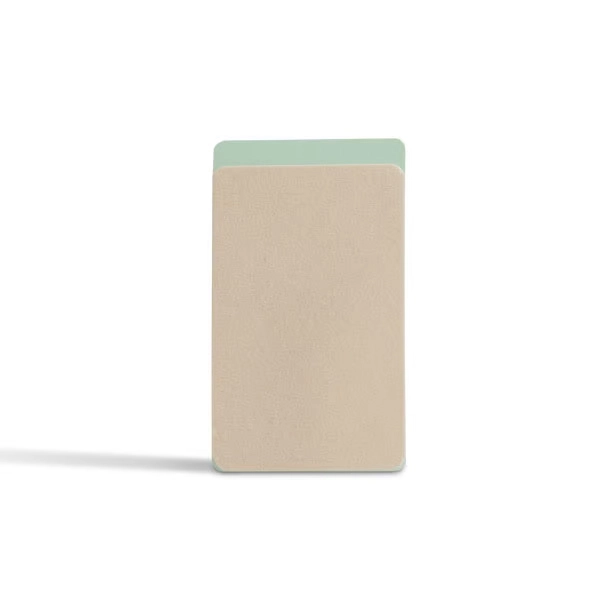
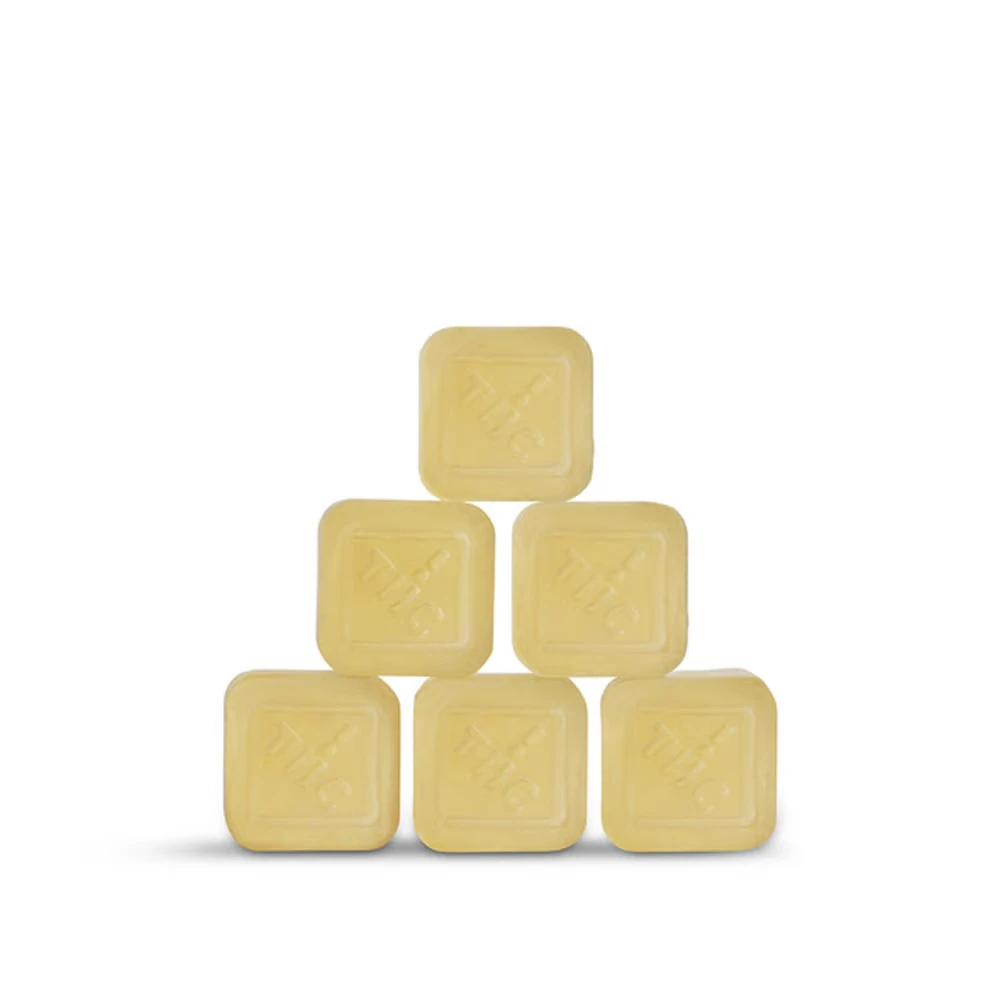
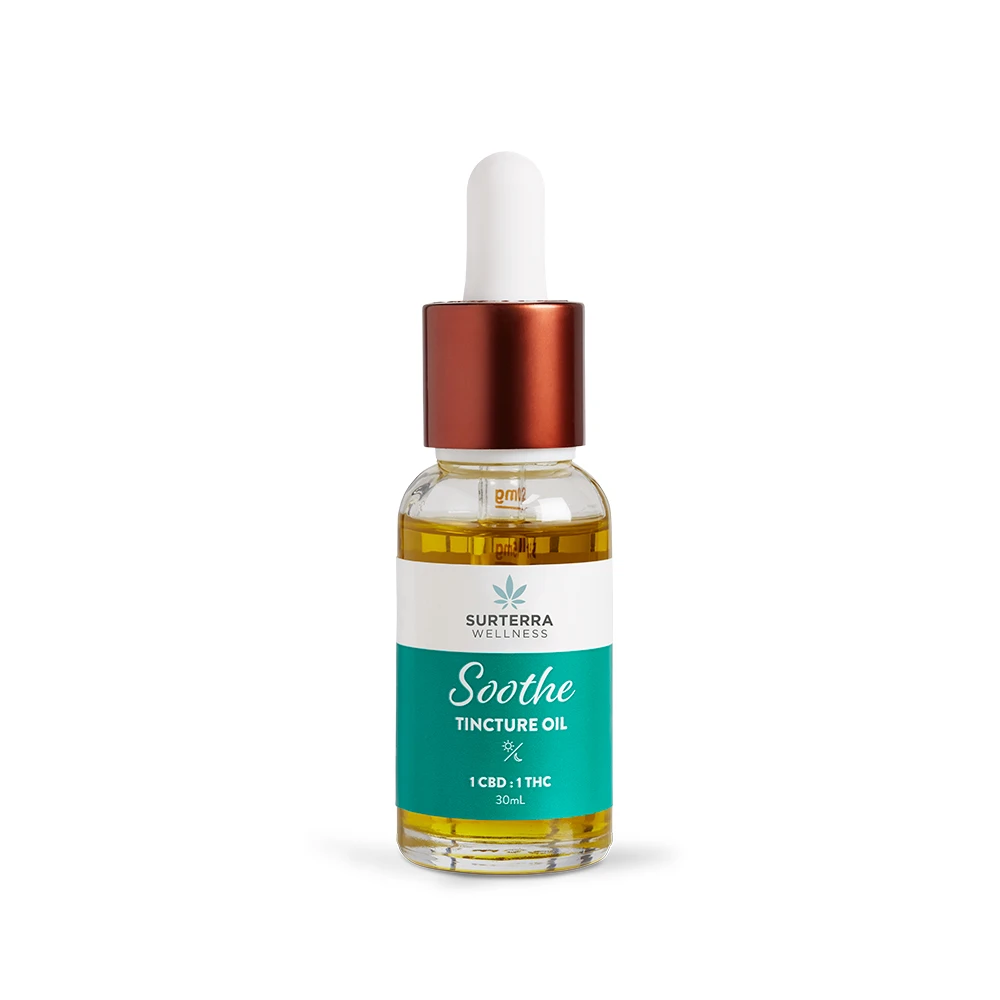
.webp)

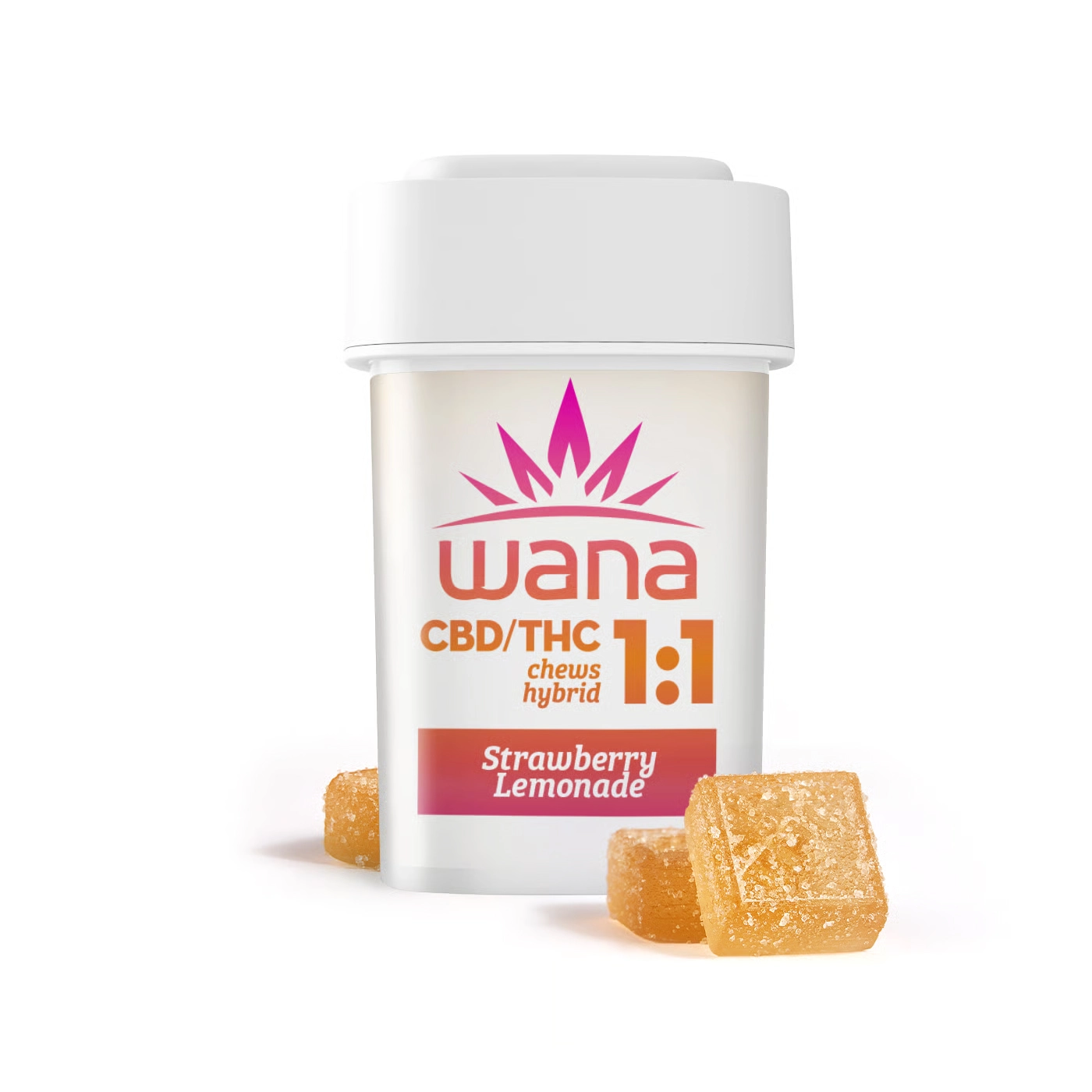


.webp)
.webp)
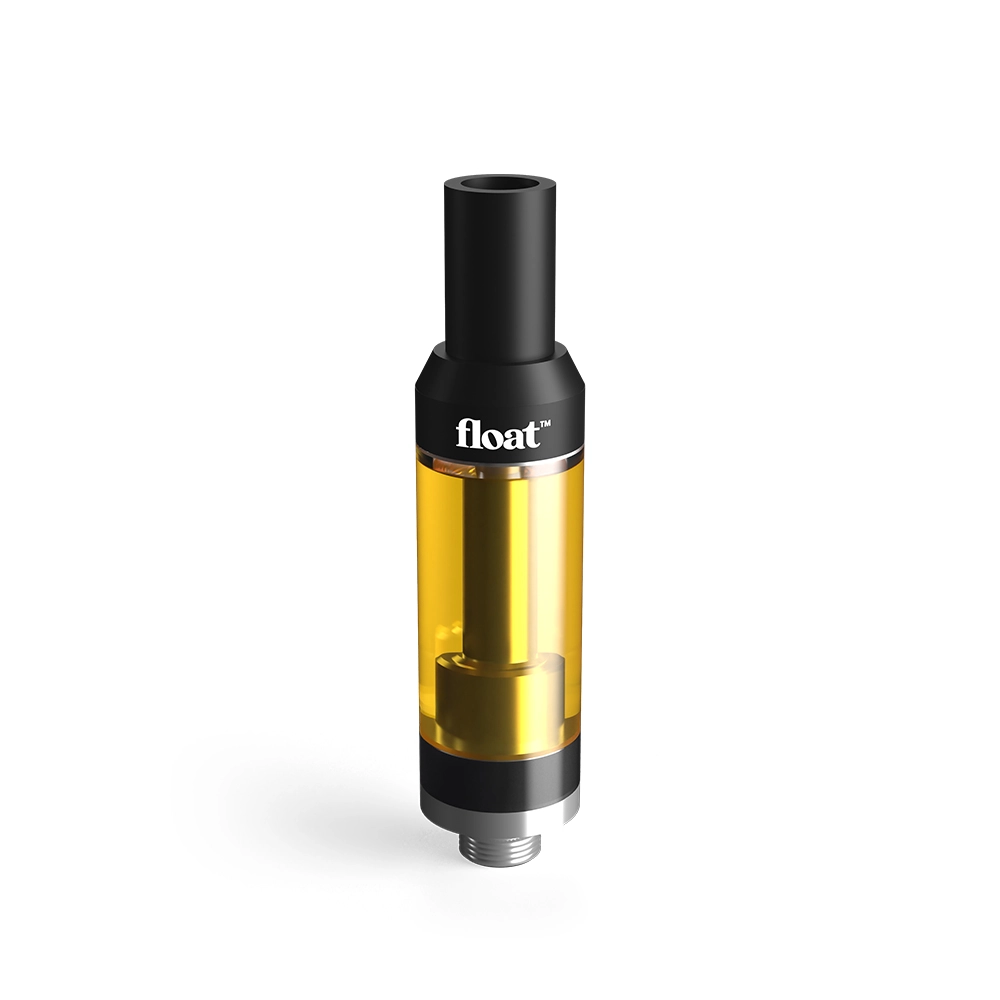
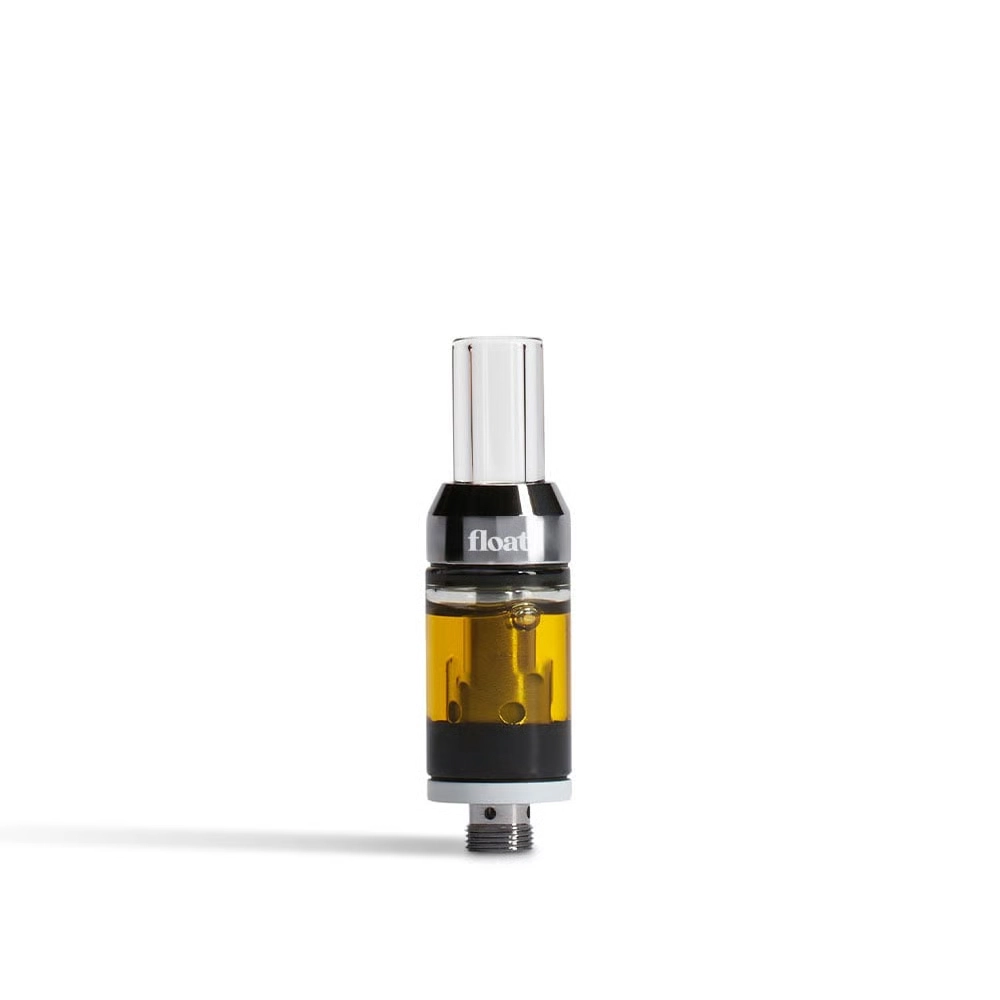

.jpeg)
.webp)

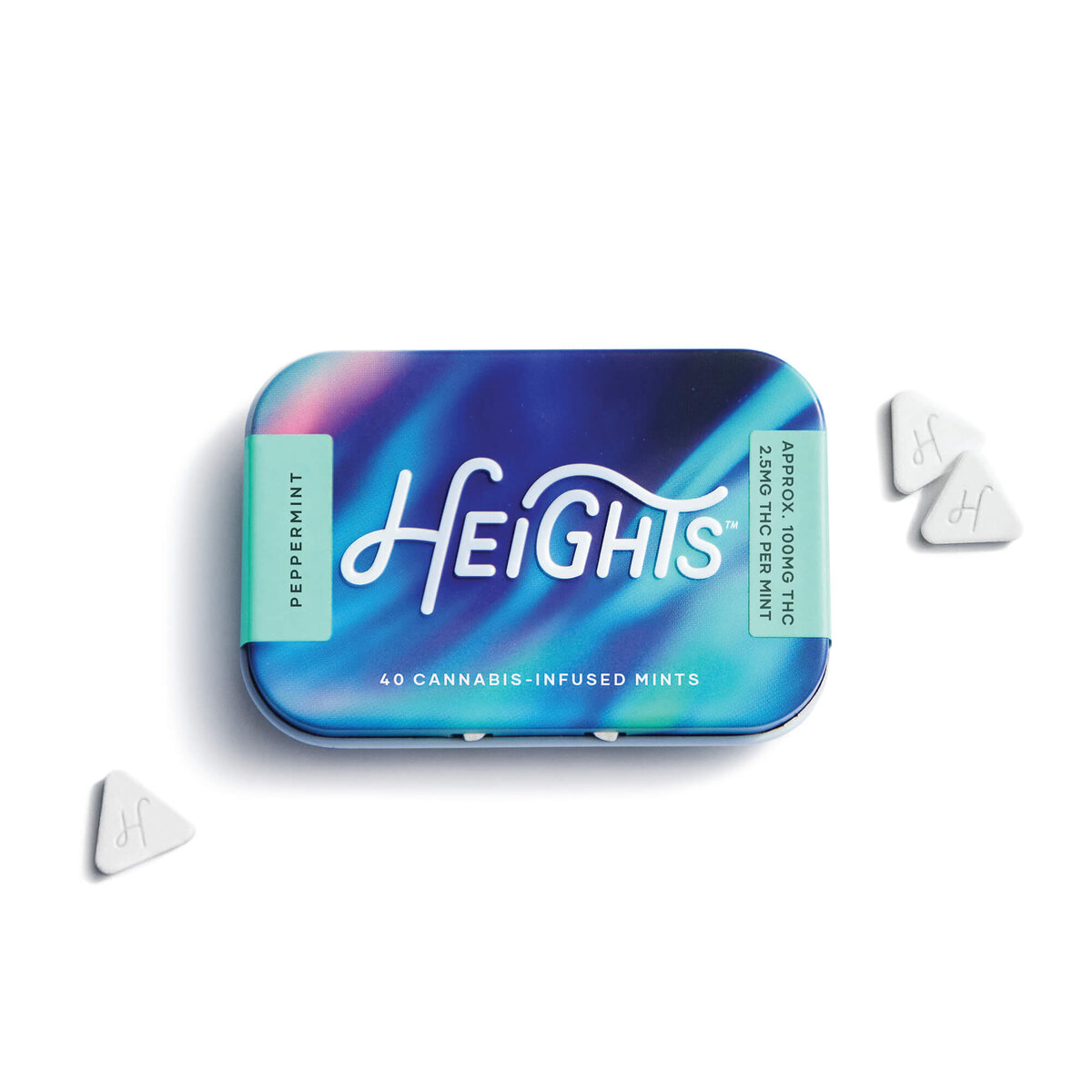









.webp)


